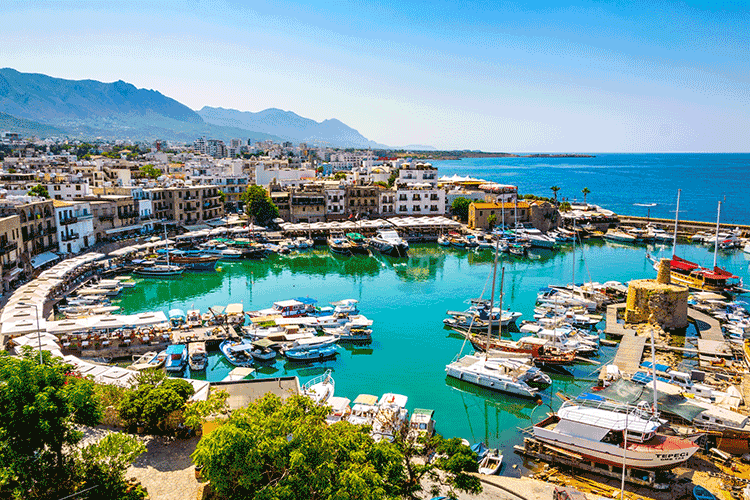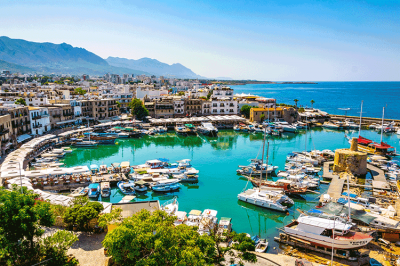Cyprus' Interior Minister stated that the Nicosia government wishes for the European Union to consider declaring parts of war-torn Syria as safe zones for the return of Syrian refugees, coinciding with an unprecedented influx of Syrian refugees arriving on Cyprus’ shores. In an interview with Reuters, Minister Constantinos Ioannou said, "Initiating a discussion to reassess the situation in Syria is crucial for us." He added that the Foreign Ministry is preparing to formally present the issue to Brussels.
With the rising conflict in the Middle East, Ioannou mentioned that his country anticipates an increase in the flow of refugees and asylum seekers, which intensifies pressure on its resources. He noted, “We have five times as many migrants as any other EU member state at its borders,” indicating that most of them are from Syria.
Cyprus claims it is working to enhance its capacity to host refugees but desires its EU partners to reassess the bloc's policies. Ioannou indicated that this involves starting a discussion on the situation in Syria and whether it is safe for refugees to return, along with increasing support for Lebanon, which hosts hundreds of thousands of refugees.
He cited a report from the European Union Agency for Asylum in February, which stated assessments indicate that the Syrian provinces of Damascus and Tartus have “no real risk for civilians to be personally affected by indiscriminate violence.” Estimates suggest that over five million people have fled Syria since the civil war began more than a decade ago, with most heading to Lebanon and Turkey.
Despite the conflict currently being at a stalemate, with President Bashar al-Assad's forces controlling most of the country, refugees continue to leave Syria. Cyprus has become a primary destination for migrants after the closure of the Turkish route to the Greek islands under a 2016 deal between the EU and Ankara.
Asylum applications in Cyprus peaked at around 21,565 in 2022, the highest level since registration began in 2002. Cyprus witnessed the arrival of 1,043 Syrians by boat in October, three times the number from the previous year. In November, it recorded 795 arrivals, nearly three times the number noted in November 2022.
Part of the increase is attributed to a change within Cyprus itself. From 2019 to 2022, the country became the main receiving point for a new migration route from Africa, where thousands entered the unrecognized Turkish Republic of Northern Cyprus on student visas, then were smuggled across the ceasefire line into internationally recognized southern Cyprus.
This backdoor was theoretically closed due to tightened security along the 180-kilometer "Green Line," resulting in a two-thirds drop in overall arrivals this year. Authorities are concerned that if one route closes, another may open. They report an accelerating flow of Syrian refugees; on calm seas, a small fishing boat can take 18 to 20 hours to travel from Lebanon to Cyprus.
Biyannis Artemiou, head of the ports and maritime police unit in Famagusta, remarked, "The last two years have seen a significant increase, peaking since August of this year." Migrants frequently arrive on the shore at Cape Greco in eastern Cyprus, having traveled 185 kilometers from Syria or Lebanon. Ioannou noted that Cyprus is in close contact with Lebanon, which has intercepted "many" boats. Cyprus has offered technical assistance and joint patrols to Lebanon, believing the EU should provide more direct aid.
He also suggested the idea of "safe zones" outside the EU where asylum applications could be processed and noted that Italy has already announced a plan to build centers in Albania. The European Commission has not responded to requests for comment. In Geneva, the UN High Commissioner for Refugees stated at an international forum on refugees that the conflict between Israel and Hamas in Gaza could lead to further displacement in the broader region.




